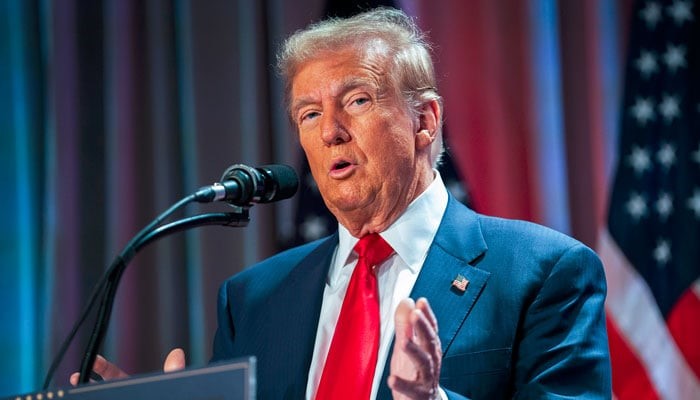The former US president repeated his assertion that PM Modi made the promise, but Indian officials state no such call took place and energy policy is not set by ‘external pressure.’

News Desk
WASHINGTON: In a claim that has been swiftly and firmly refuted, US President Donald Trump claimed this week that India would completely halt its purchases of Russian oil, asserting that Prime Minister Narendra Modi had personally assured him of the move. Speaking to reporters, Trump said, “India is not going to be buying Russian oil… They have already cut down on Russian oil,” suggesting that the Indian leader believed such a step would hamper Moscow’s ability to fund its war effort.
The claim was immediately and firmly rejected by officials in New Delhi. A spokesperson for the Indian Ministry of External Affairs clarified that no recent conversation had taken place between Modi and Trump and emphasized that India’s energy policy is guided by its “national interests and energy security principles,” rather than by external pressure. Russian officials also dismissed the assertion, reaffirming that the longstanding energy partnership with India, built on mutual interest and long-term commitments, would continue.
Analysts noted that Trump’s statement reflected a broader pattern in which the former president has publicly praised foreign leaders in ways that sometimes conflict with official accounts. Just days ago, Pakistan’s Prime Minister Shehbaz Sharif welcomed Trump’s praise for his government, although the precise context of those remarks remained unclear.
The latest incident involving India underscores the diplomatic ripple effects that can emerge from Trump’s informal statements on international affairs. Observers suggested that such claims, even if informal, have the potential to generate confusion among global partners and prompt official clarifications, highlighting the delicate nature of diplomacy in a highly interconnected world.
While Trump framed his remarks as a testament to Modi’s strategic thinking, both New Delhi and Moscow moved swiftly to reaffirm that their energy ties were unaffected and would continue according to long-standing agreements. The episode serves as a reminder of the contrast between personal assertions by high-profile figures and the formal, institutional channels that guide international policy.


